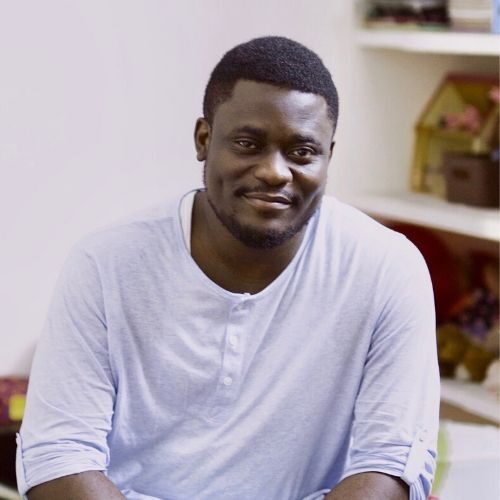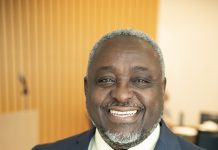

The annual African Mental Health Summit will return to the Twin Cities on July 22 for the 8th year since it was founded to initiate conversations about mental health in the African community.
The theme of this year’s summit is “Transformation. Restoration. Recovery: Necessity of All of Humanity Working Together,” and aims to address issues of stigmatization of mental illness in the African immigrant community.
“We are working with people to help them not view mental illness so negatively,” said Dr. Richard Oni, founder of the African Mental Health Summit.
Unlike last year, when the conference was conducted virtually due to the pandemic, this year attendees will be able to interact in person at Metropolitan State University in St. Paul.
Issues of mental health are as prevalent in Africa and its Diaspora as they are in the rest of the world, but illness has traditionally been seen as taboo, and often attributed to witchcraft and evil spirits, according to numerous studies. The problem is exacerbated by the fact that most African countries spend less than 1% of their budget on mental health issues, according to the Borgen Project, a nonprofit organization that fights poverty in several countries around the globe.
The African Mental Health Summit is part of increasing efforts to raise awareness of and address misconception about mental health in African communities. The summit brings together researchers, policymakers, mental health service providers and other professionals with an interest in African mental health to discuss solutions to destigmatize mental illness. The program also focuses on linking African immigrants with the resources they need to manage any mental illness they may be struggling with.
Oni said that people struggling with mental health issues in Africa are often treated as outcasts, and that as many immigrate overseas to countries like the United States, they bring those negative attitudes with them.
“Back home, they call you crazy,” he said.
Oni also talked about a unique cultural phenomenon that exists in many African countries that he calls, the “Gossip Syndrome.” The term refers to the apparent tendency of people in African communities to gossip about individuals with seemingly unfavorable traits.
“People worry about what others will say about them, so they avoid seeking therapy,” Oni said. “We are here trying to show that there is more to the mental health discussion than craziness.”
Oni’s hope for the future is a supportive African immigrant community dedicated to helping its members seek treatment and work through their problems. He believes that many in the African community are quick to label mental illness as a character flaw. He argued that because mental illness is a treatable disease, like cancer, that it should be treated as such.
“Without mental health, there is no health,” Oni said.
This year’s keynote speaker will be Dr. Báyò Akómoláfé, an internationally-acclaimed Nigerian-born psychologist and professor at Pacifica Graduate Institute, a California school that offers graduate degrees in psychology.
More info about the conference can be found at this link.
About Panashe Matemba-Mutasa, Mshale Reporter
Panashe is a general assignments reporter. She is a graduate of the University of Minnesota and a UC Berkeley Graduate School of Journalism Class of 2025.






